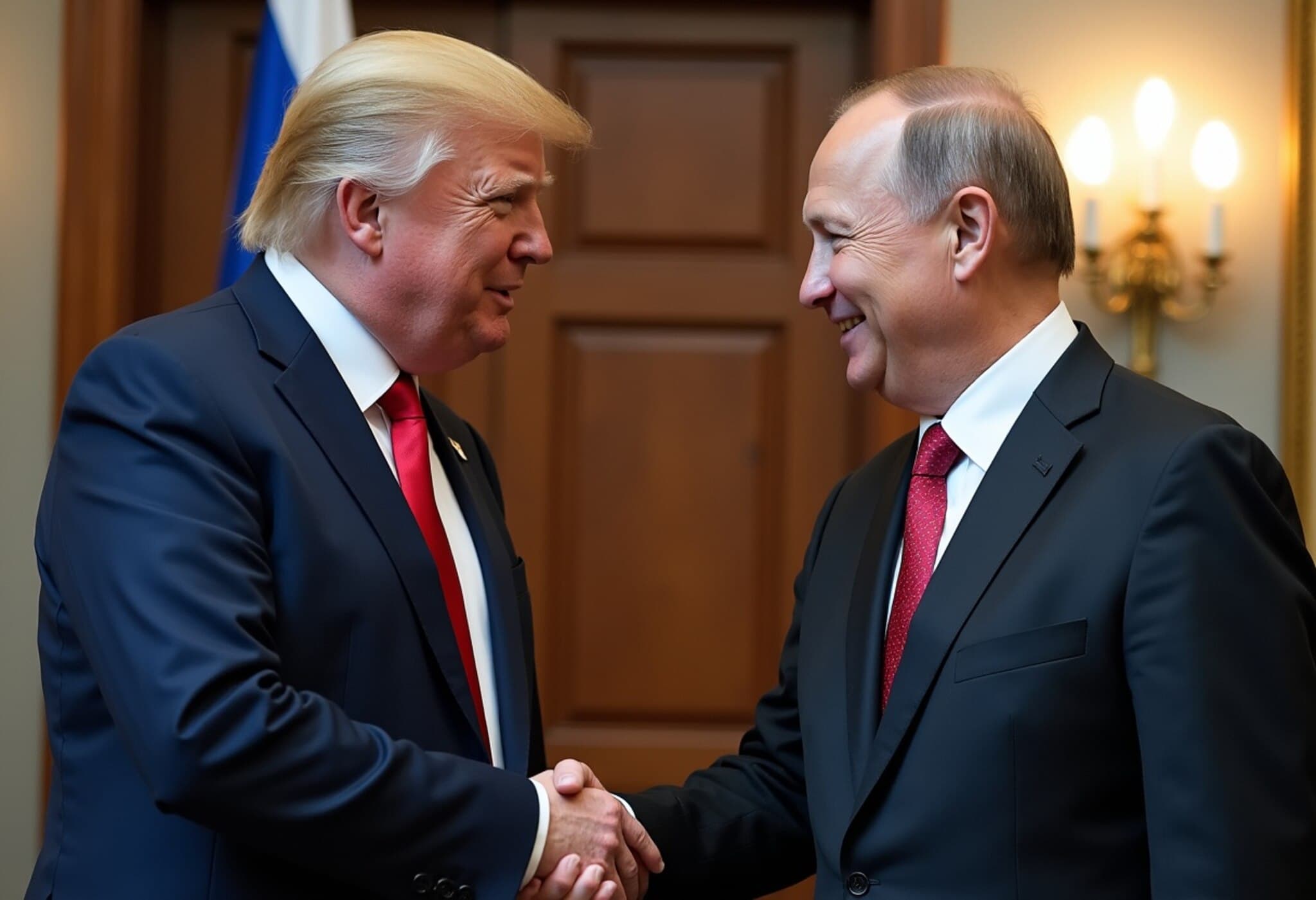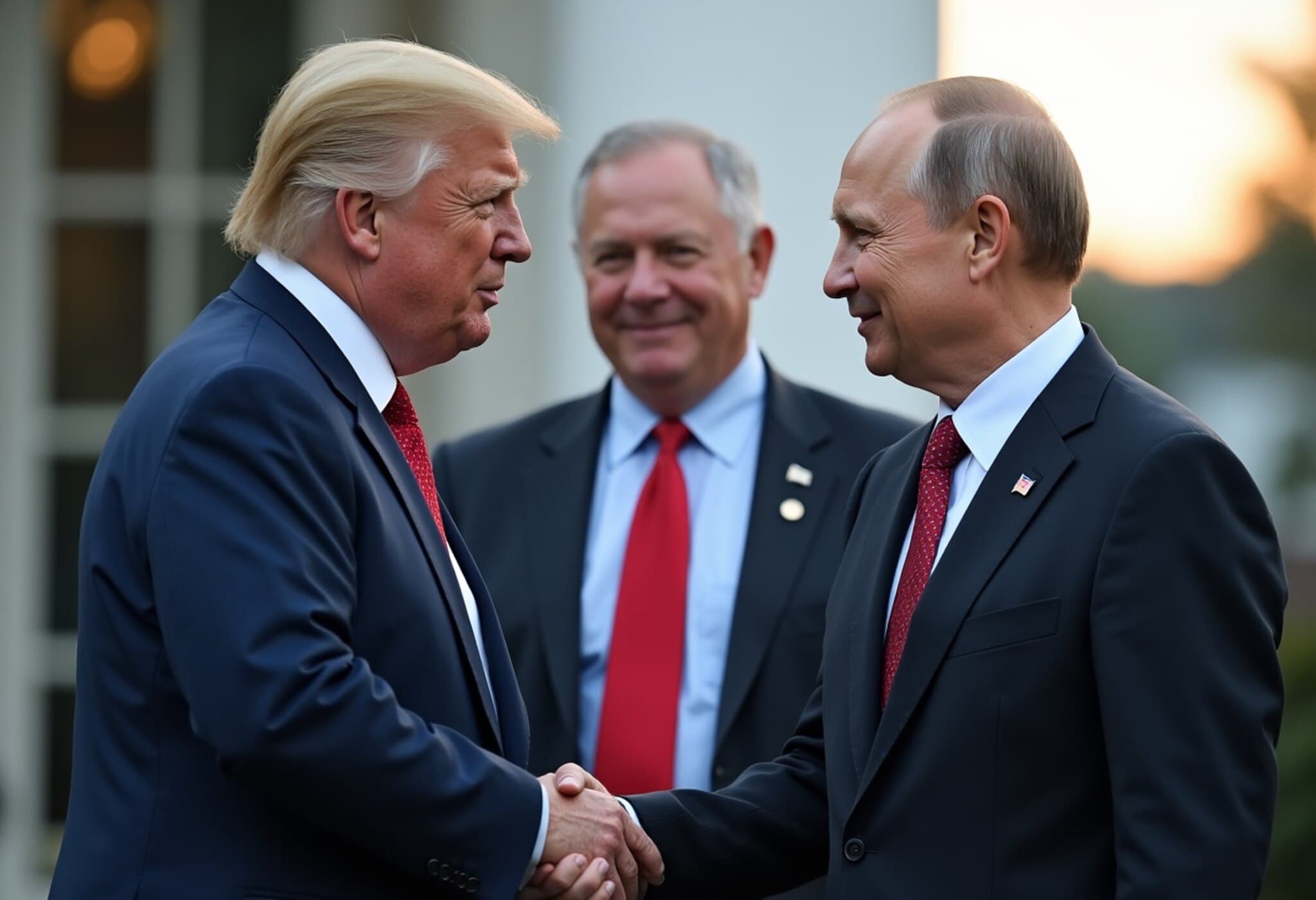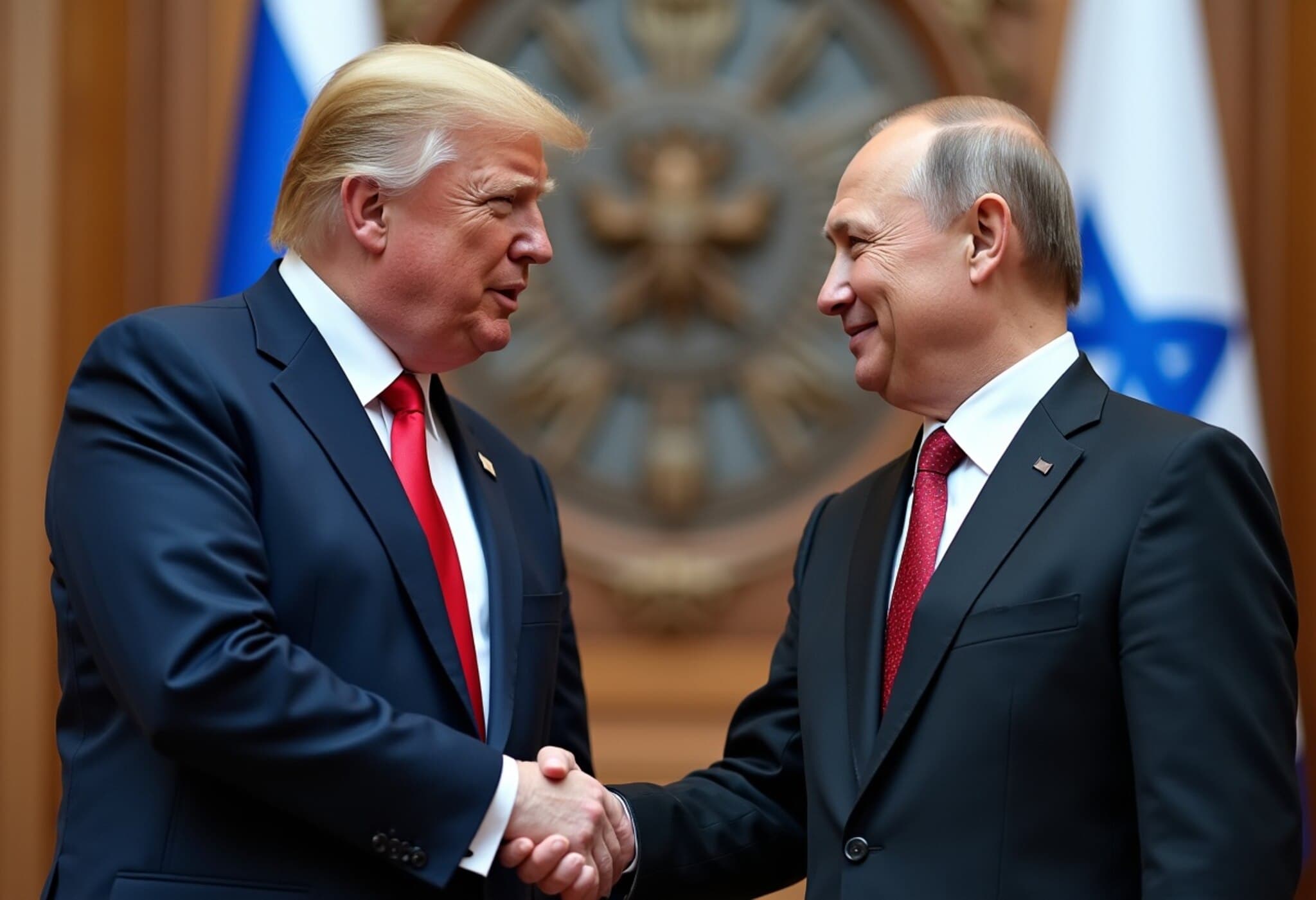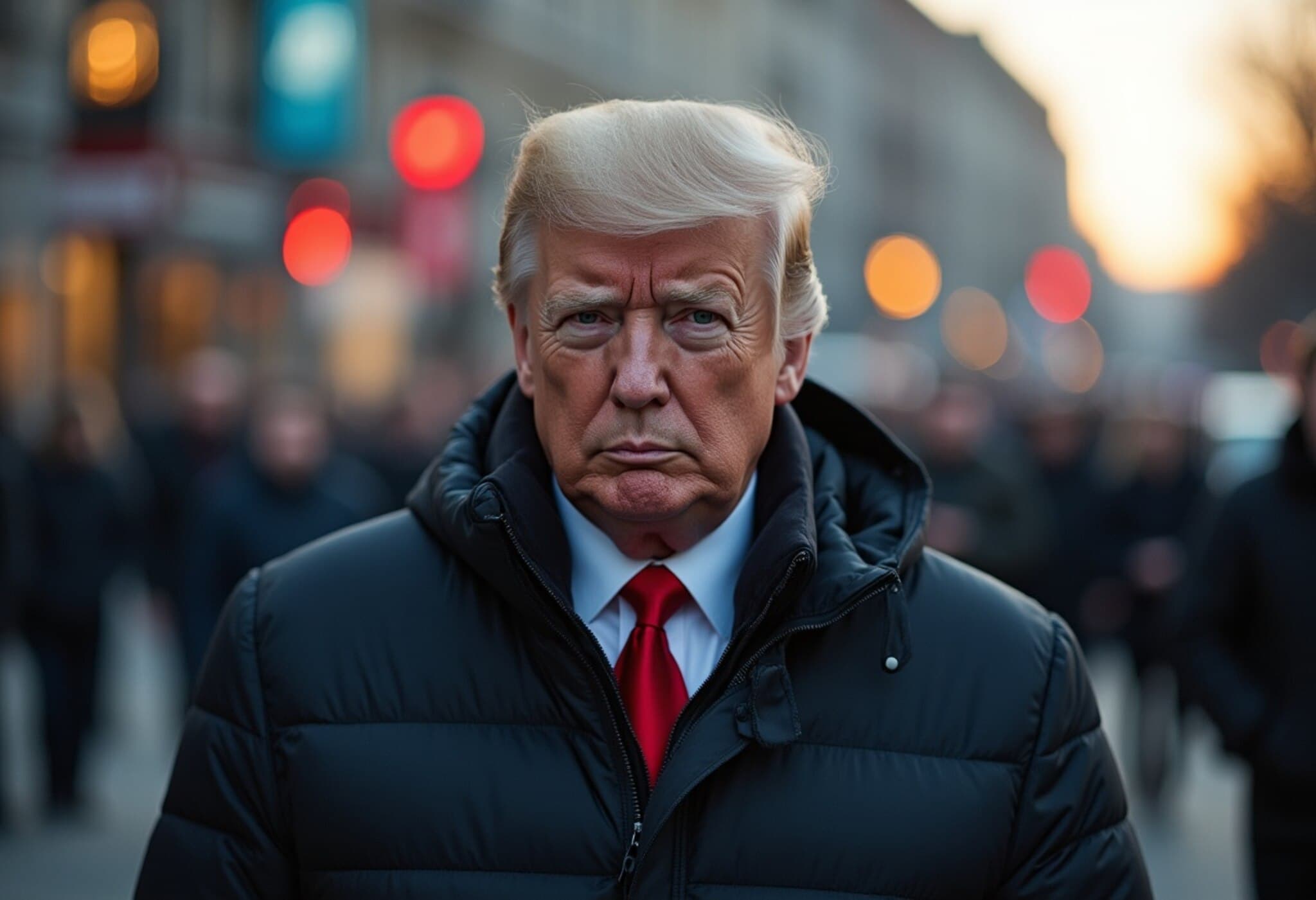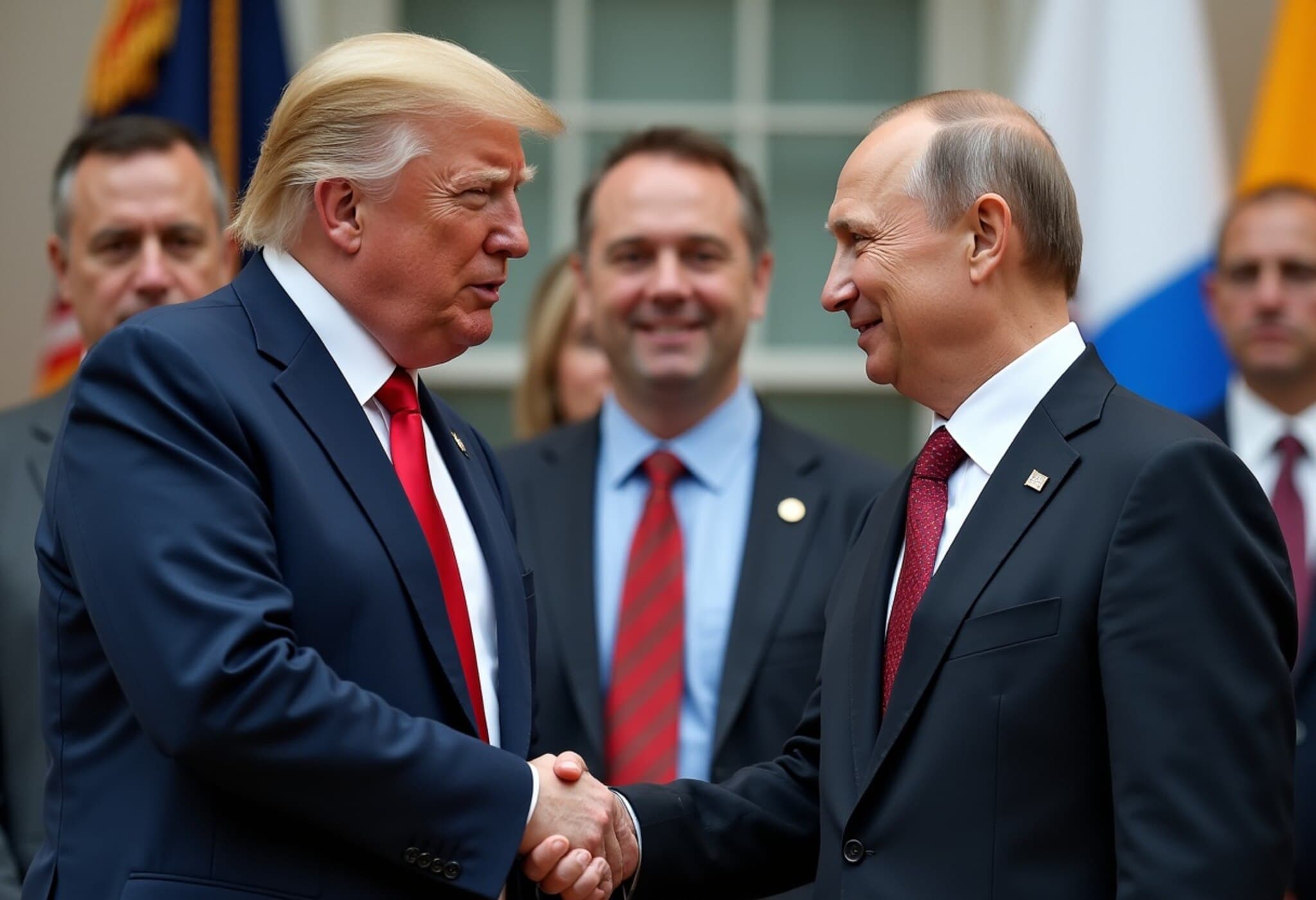Trump-Putin Talks: A Diplomatic Milestone Favoring Moscow
While the highly anticipated summit between Russian President Vladimir Putin and U.S. President Donald Trump is scheduled for Friday in Alaska, the mere prospect of these talks is already being hailed as a significant diplomatic victory for the Kremlin. This marks Putin’s first meeting with a U.S. president on American soil since 2007, amplifying Russia's leverage on the world stage despite its economic struggles amid ongoing conflict.
Russia’s Complex Position: Battlefield Gains Amid Economic Hardships
As the war against Ukraine grinds on, Russia is advancing militarily in southern and eastern Ukraine. However, its domestic economy tells a different story. Economic experts, such as Richard Portes, professor and former head of Economics at London Business School, emphasize that Putin’s Russia faces substantial economic challenges, including a persistent fiscal deficit and diminished oil and gas revenues exacerbated by sanctions.
- Battlefield strength: Russia’s recent territorial advances have bolstered Moscow’s diplomatic posture.
- Economic strain: Despite battlefield gains, inflation remains high and fiscal deficits strain the economy, limiting Russia’s long-term war sustainability.
Excluding Ukraine from the Table: Controversy and Consequences
An unfolding concern is the absence of Ukraine and European representatives from the negotiations, a move criticized by Kyiv and its allies. President Volodymyr Zelenskyy remains uninvited officially, fueling fears that Russia might secure territorial concessions without Ukraine’s consent. European governments urge for Ukrainian inclusion, highlighting the complexities of negotiating peace without the direct involvement of the affected nation.
Economic and Strategic Stakes: Beyond the Negotiation Table
The Kremlin views the dialogue as not only an opportunity to seek sanctions relief but also to attract investment, particularly in resource-rich regions like Alaska and the Arctic. Russian Presidential aide Yuri Ushakov has publicly expressed interest in mutually beneficial economic projects that could emerge from these discussions.
Meanwhile, the United States, under Trump’s administration, has shown ambivalence about tightening sanctions further. Experts note the unpredictable nature of Trump’s policies, yet warn that an escalation or easing of sanctions will significantly influence the conflict’s trajectory.
Global Markets Respond: Defense Stocks and Safe Havens
The announcement of the talks sparked a nuanced reaction from financial markets:
- Defense stocks dip: European defense companies initially saw declines as traders optimistically priced in a potential de-escalation of conflict.
- Gold prices fall: The spot price of gold, typically a hedge against geopolitical risk, dropped by about 1% in early trading.
- Long-term outlook bullish for defense: Analysts like Christopher Granville from TS Lombard suggest that regardless of the talks’ outcome, European defense stocks could see gains either from continued arms procurement or from the sustained reality of a powerful Russian military presence.
Expert Insight: What Lies Ahead?
Granville offers a pragmatic perspective: whether a peace deal is reached or conflict persists, the defense sector stands to benefit. This underscores a sobering reality—military preparedness remains a priority for NATO countries in Europe, irrespective of diplomatic developments.
On the diplomatic front, the talks underscore a delicate balancing act—while Russia is positioned strongly to negotiate, the exclusion of key stakeholders like Ukraine raises questions about the legitimacy and durability of any outcomes. Additionally, the economic pressures on Russia may prompt Moscow to aggressively seek sanctions relief in return for compromises, a dynamic that will require careful U.S. policy calibration.
Editor’s Note
The Alaska summit between Trump and Putin is emblematic of the intricate interplay between geopolitics, economic interests, and military realities. While it symbolizes a diplomatic breakthrough for Moscow and carries the potential to influence global markets, its true impact hinges on whether Ukraine’s voice is meaningfully included and how economic sanctions and security concerns are managed moving forward. Readers should watch closely as this high-stakes negotiation unfolds—revealing much about the future trajectory of U.S.-Russia relations and the broader stability of European security.








